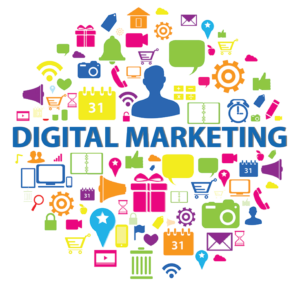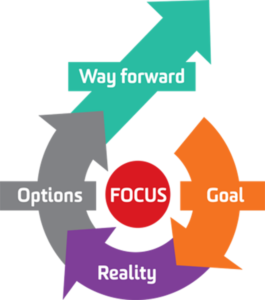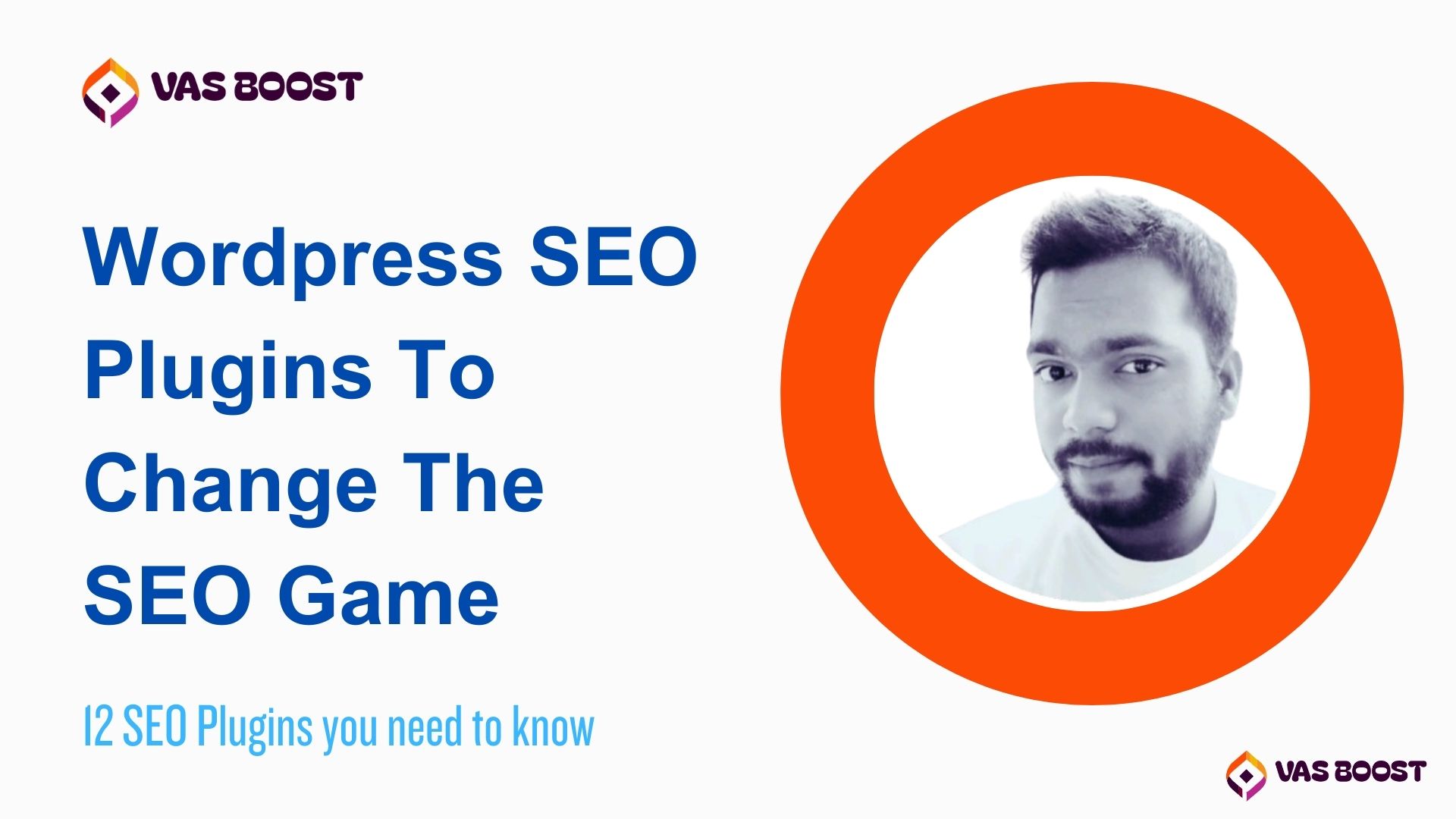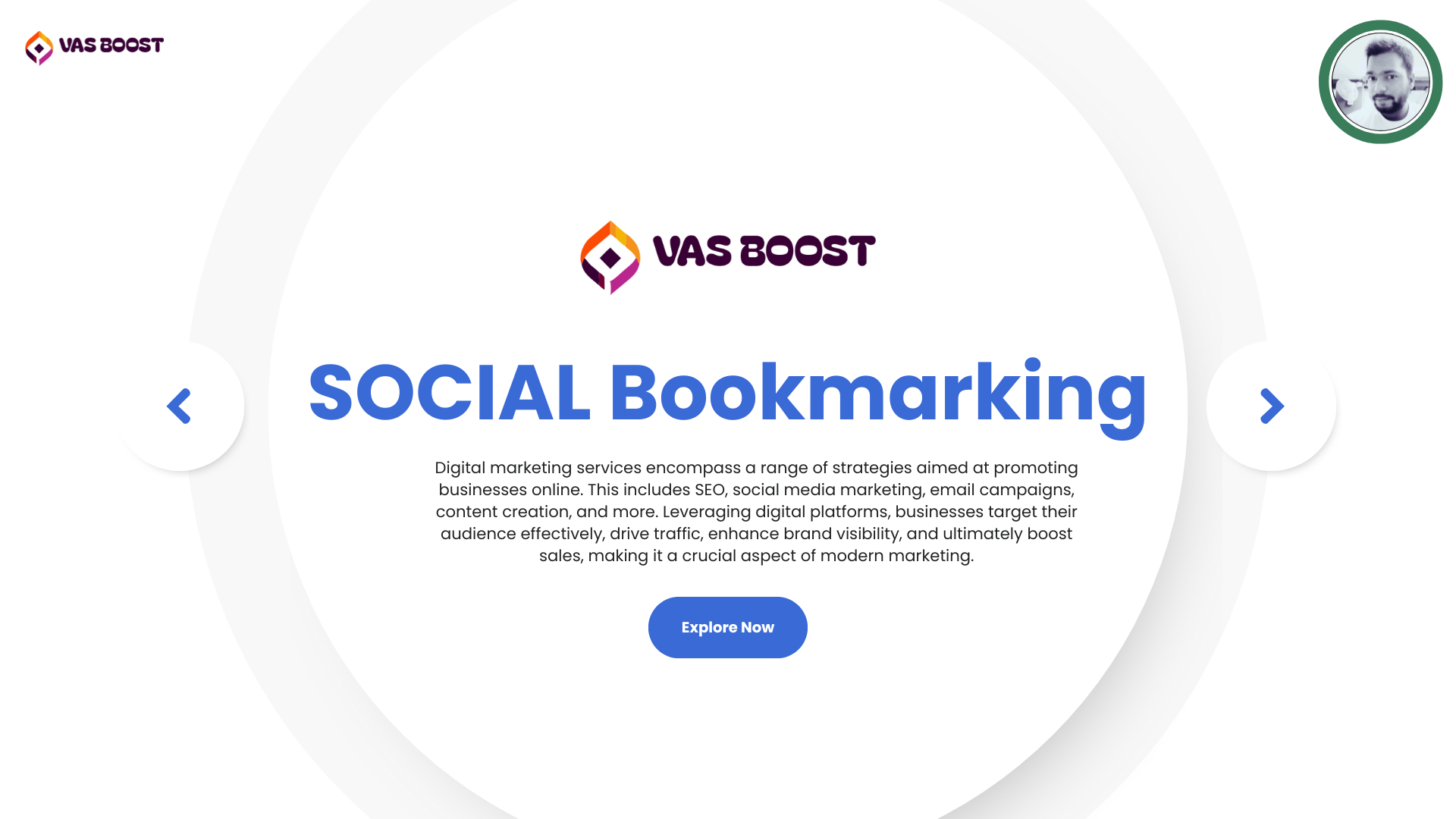Digital marketing is the use of websites, apps, mobile devices, social media, search engines, and other digital means to promote and sell products and services.
Search Engine Optimization (SEO): SEO aims to improve the ranking of online content on search engines like Google or Bing. By optimizing content, marketers ensure that potential customers find their products or services when searching online. It’s about getting noticed in a crowded digital space.
Content Marketing: Creating valuable and relevant content (such as blog posts, videos, and infographics) to attract and engage the target audience. Content marketing builds trust and authority, driving customer interest.
Email Marketing: Leveraging email to communicate directly with customers. Email campaigns can include newsletters, promotions, personalized recommendations, and transactional messages.
Pay-Per-Click (PPC) Advertising: In PPC, advertisers pay a fee each time their ad is clicked. It’s commonly used in search engine advertising (like Google Ads) and social media platforms (such as Facebook Ads).
Social Media Marketing: Engaging with potential customers through social media channels like Facebook, Instagram, Twitter, and LinkedIn. Social media allows direct interaction, brand building, and targeted advertising.
Digital marketing is dynamic, data-driven, and constantly evolving. It’s essential for businesses to adapt and stay relevant in today’s digital landscape!

Why need digital marketing on website
Digital marketing is essential for websites because it significantly impacts their visibility, reach, and overall success. Here are some compelling reasons why your website needs digital marketing:
Increased Online Visibility: Digital marketing techniques such as search engine optimization (SEO) and content marketing help improve your website’s visibility on search engines. When potential customers search for relevant keywords, your website appears higher in search results, driving more organic traffic.
Targeted Audience Reach: With digital marketing, you can precisely target your audience based on demographics, interests, behavior, and location. Whether through social media ads, email campaigns, or PPC advertising, you can reach the right people at the right time.
Cost-Effectiveness: Compared to traditional marketing channels, digital marketing is often more cost-effective. You can allocate your budget strategically, focusing on channels that yield the best results. Plus, you can track your spending and adjust as needed.
Measurable Results: Digital marketing provides real-time data and analytics. You can measure key performance indicators (KPIs) such as website traffic, conversion rates, click-through rates, and engagement. This data helps you refine your strategies for better outcomes.
Brand Building and Trust: Consistent digital marketing efforts build your brand’s online presence. Engaging content, social media interactions, and positive reviews contribute to brand trust and credibility.
Lead Generation and Conversions: Digital marketing channels drive leads and conversions. Whether it’s capturing email sign-ups, encouraging product purchases, or getting inquiries, a well-executed digital strategy can boost your bottom line.
Competitive Edge: Your competitors are likely investing in digital marketing. To stay competitive, you need to be where your audience is—online. A strong digital presence sets you apart.
Mobile Optimization: As more users access websites via mobile devices, digital marketing ensures your website is mobile-friendly. Responsive design and mobile SEO are critical for user experience.
Engagement and Interaction: Social media platforms allow direct interaction with your audience. Responding to comments, messages, and reviews fosters engagement and builds relationships.
Adaptability and Agility: Digital marketing allows you to adapt quickly. If a campaign isn’t working, you can pivot, adjust, and optimize. The digital landscape evolves rapidly, and agility is key.





